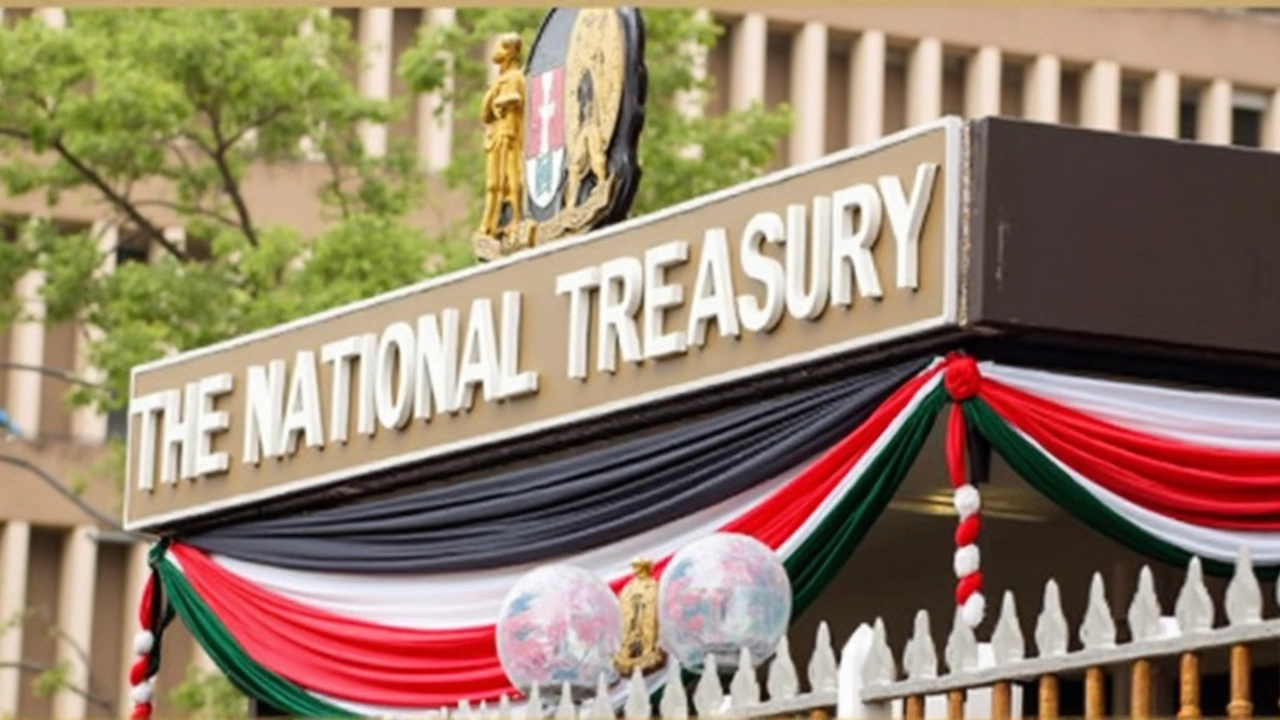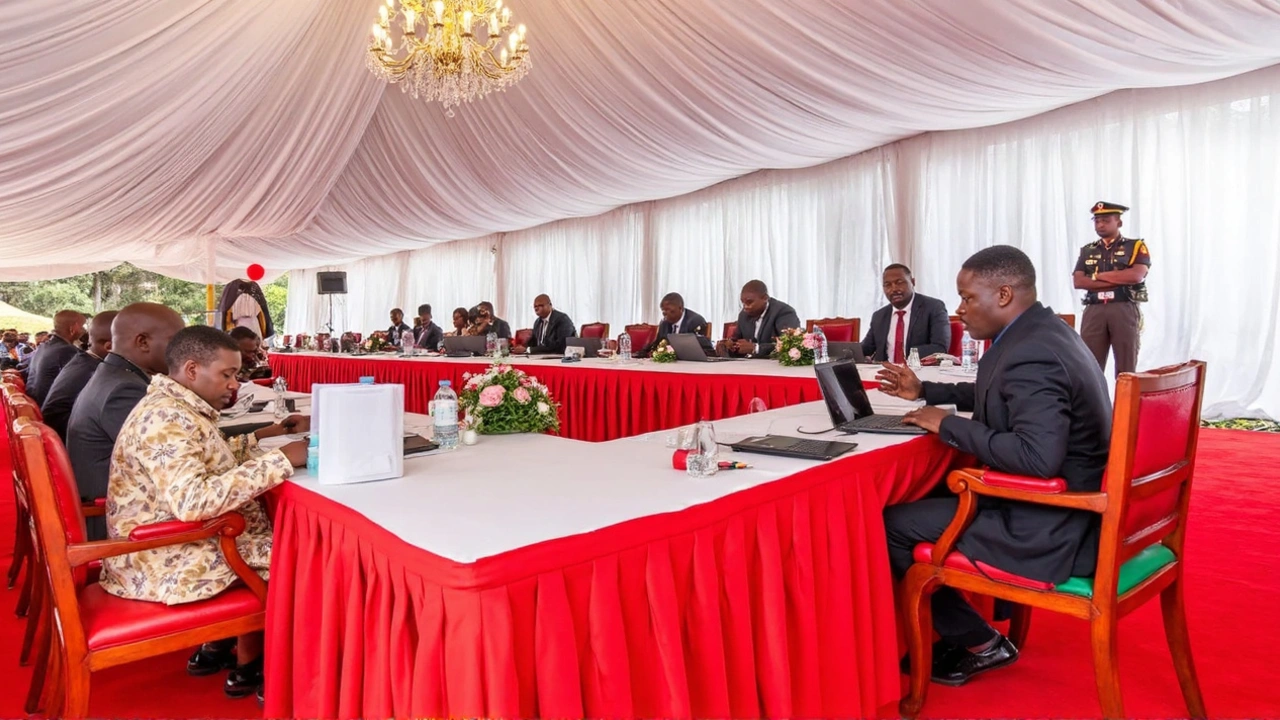A New Playbook for Kenya’s Tax System
After last year’s Finance Bill went down in flames amid intense street protests and growing public anger, President William Ruto’s government has decided to flip the script with the Finance Bill 2025. This time, it’s not about hiking taxes, but about tightening the nuts and bolts of the tax system itself—aiming for tax efficiency and plugging the holes that have cost Kenya billions in lost revenue.
On April 29, 2025, the Cabinet gave its stamp of approval to a bill that’s less of a sledgehammer and more of a scalpel. One of the biggest talking points? Rewriting how the Kenya Revenue Authority handles money it's supposed to refund, which has been a nightmare for both regular folks and business owners. The bill sets out to streamline tax refund processes, meaning long waits and endless paperwork will finally see some relief if things go as planned. For businesses stuck in tax disputes, the proposed changes are designed to make resolutions quicker and less painful, deterring those who would drag things out just to avoid paying up.
Instead of flooding Kenyans with new taxes, the bill proposes smarter tweaks to existing laws. There’s a toughening up of tax evasion controls, with amendments targeting those notorious loopholes that only seem to help the well-connected slip through without paying their fair share. The hope is simple: stop the bleeding from lost revenue without penalizing ordinary citizens.

Big Breaks for SMEs and Pensioners
If you’re running a small business, keep your eyes peeled—there’s a new deduction that stands out in the Finance Bill 2025. Small and medium-sized enterprises (SMEs) will be able to fully deduct the cost of new tools and equipment the very year they buy them. That’s not how things worked before, when you had to claim this cost in bits and pieces over several years. This quick deduction doesn’t just lower the tax you pay up front; it gives SMEs more financial breathing room to grow, hire, and invest back into their business.
But it’s not just business owners getting a break. Anyone receiving pensions or gratuity payments has reason to celebrate: all such income is now totally tax exempt. This is a pretty big shift. Until now, many retirees saw chunks of their hard-earned savings whittled away by taxes, adding stress to anyone trying to make ends meet after decades of work. The change signals that government policy is leaning a little more towards fairness, especially for those who’ve spent decades contributing to Kenya’s workforce.
This approach is a direct answer to the chaos of last year, when the 2024 Finance Bill tried to squeeze out more tax from ordinary people and sparked a firestorm. Ruto vetoed it, and the government looked for new solutions. This year, their focus is less on collecting more and more, and more on managing what’s already in the system better and fairer. The aim? Fewer protests, a bit more trust, and - maybe - a public that’s actually on board for future reforms.
For now, the Finance Bill 2025 is working its way through parliament and those familiar Kenyan legislative hurdles. If the momentum keeps up, Kenyans could see real changes in their taxes before too long—this time, with fewer unwelcome surprises.

